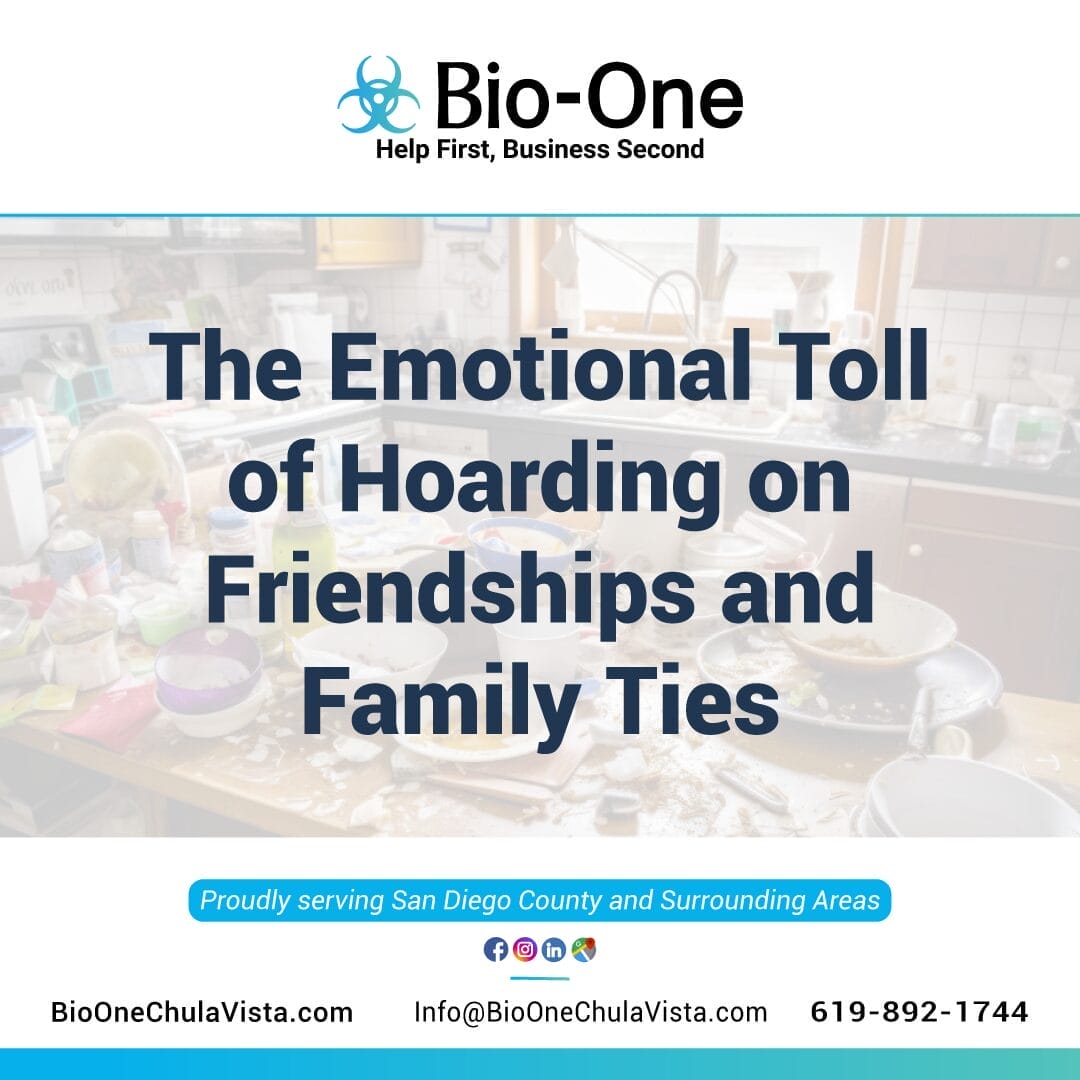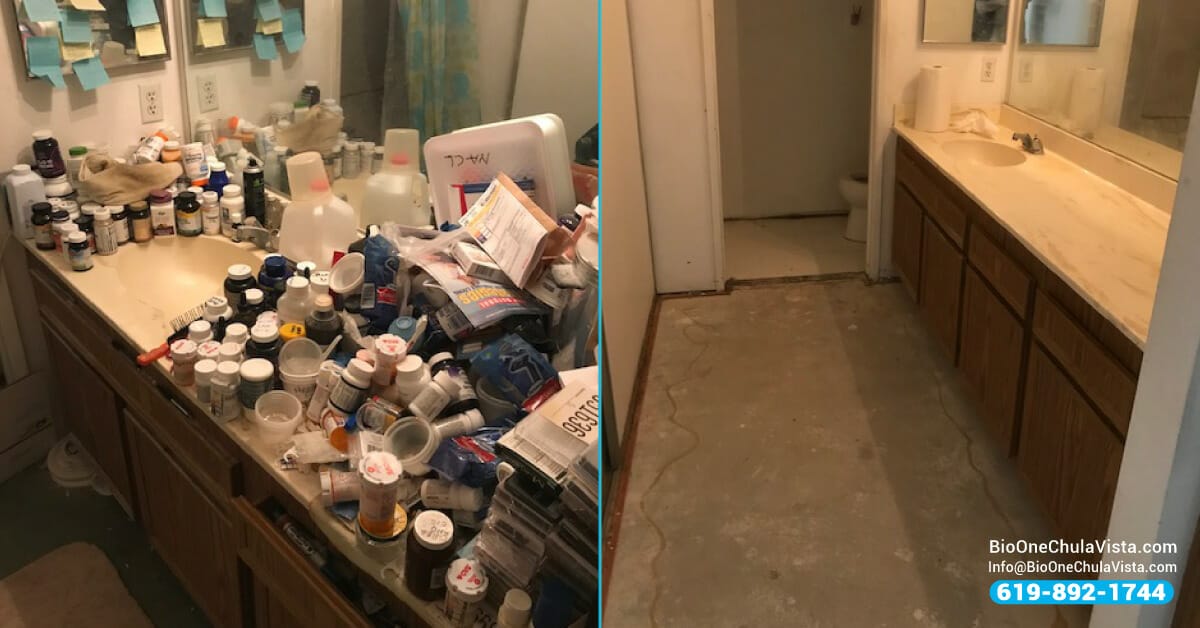
Hoarding goes far beyond the accumulation of possessions. It is a condition that can have a profound impact on the individual struggling with it, as well as their immediate social circle. This blog post explores hoarding and relationships and provides strategies to navigate the emotional minefield that hoarding often creates within families and friendships.
Before delving into hoarding and relationships, it's important to understand the condition itself. Hoarding is characterized by persistent difficulty discarding or parting with possessions, regardless of their actual value. It can be the result of various psychological factors, such as attachment issues, perfectionism, and risk aversion. The disorder is often associated with obsessive-compulsive disorder (OCD) but is also recognized as a distinct condition.
Those with Hoarding Disorder may feel immense distress at the thought of getting rid of items. As a result, their houses and dwellings become cluttered to the point where they can no longer be used for their intended purposes. This behavior can present serious health and safety risks, as well as legal and financial consequences.

Hoarding can strain friendships by making it challenging for individuals to maintain their side of the relationship. Social events, and the liberty of inviting friends over, are often hindered by the clutter, leading to a gradual withdrawal from social interactions.
Over time, hoarders might find themselves socially isolated, even if they were previously outgoing. This isolation is not only a consequence of the clutter driving others away but can also be self-imposed due to the shame and discomfort hoarders often feel about their living conditions.
Hoarders frequently avoid having people over, which can lead to misunderstandings and hurt feelings. Friends who don't understand the severity of hoarding may interpret these actions as a lack of interest in the friendship, when in reality, the hoarder may be struggling with the condition.
Hoarding can lead to tension and conflicts within families. Non-hoarding family members may feel frustrated, helpless, and resentful about the situation, while the hoarder may perceive efforts to clean or clear out items as an attack.
Communication breakdowns are common in families affected by hoarding. Open and honest discussions about the problem often devolve into arguments, with both sides feeling misunderstood and marginalized.
The financial implications of hoarding can further strain familial relationships, especially if the hoarding leads to unpaid bills, legal fees, or a significant reduction in the value of the property.

People with hoarding disorder often experience profound shame and embarrassment about their homes, which can prevent them from seeking the help and support they need.
Anxiety and depression are frequent companions to Hoarding Disorder. The overwhelming nature of the clutter can cause significant distress and exacerbate existing mental health conditions.
Family members often bear the brunt of the disorder, with guilt and frustration being common byproducts. They may feel guilty for wanting the hoarder to change while also growing increasingly frustrated with the situation.

For those struggling with hoarding, or those supporting someone who is, reaching out to a professional hoarding cleanup and remediation service like Bio-One of Chula Vista can be a crucial step. With expertise in handling biohazard situations, our experienced technicians can provide not only physical but emotional support, as we understand the delicate nature and complexity of addressing a Hoarding Disorder. Our compassionate yet discreet approach ensures that the family's dignity and privacy are respected throughout the process.